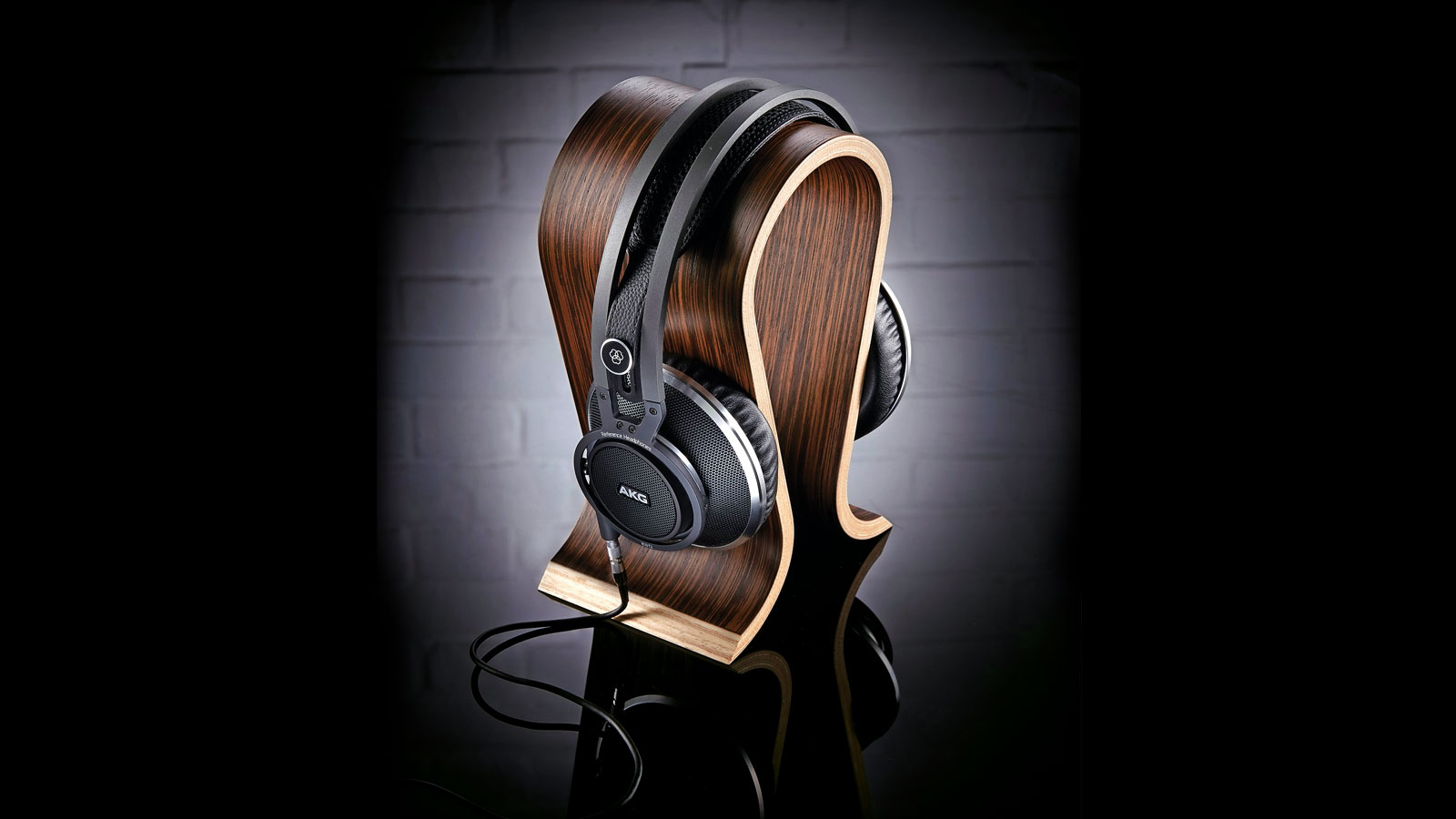MusicRadar Verdict
The K812s do not disappoint, delivering detailed sound with depth and clarity.
Pros
- +
Impressive sound with a real sense of space. A comfortable, over-the-ear fit. Solid build quality.
Cons
- -
It's safe to say that the price will present a problem to most.
MusicRadar's got your back
We took a look at AKG's K712 Pro headphones a few issues back. At that time they were the company's top-of-the-range monitoring headphones, but not anymore! If you have a grand to spare you can now get hold of the K812, about which AKG's Director of Marketing and Product Development had this to say:
"The AKG K812s are not only our newest reference headphones, but they are the very pinnacle of technological innovation to which we've aspired in our 65 years of innovation.
"The K812 is the result of an intensive five-year research and development program to achieve, as near as possible, the perfect headphone. The level of technology and engineering invested in K812 exceeds the industry standard, resulting in truly the best-sounding headphones AKG has ever released."
Okay, let's have a listen then...
"You know that these are headphones to be taken seriously when they come with a shaped wooden stand to sit them on"
You know that these are headphones to be taken seriously when they come with a shaped wooden stand to sit them on when they are not on your head. When they are on your head the first thing you notice about the K812s is the earpads. Made of memory foam with a soft leather covering, they are not the circular shape of AKG's other sets but have a specially shaped opening so that they completely cover your ears rather than sitting on them.
This works very well and, although heavier than the K712 Pro, the K812 are very comfortable with a mesh band that sits softly on top of your head and adjusters on each side that you can set to keep them exactly the way you want them, rather than the sliding band that adjusts itself to your head each time you put them on as seen in other AKGs.
No problem with build quality and comfort then, but how does the sound reproduction stack up? Well, AKG have put some impressive features into the K812. The transducer, at 53mm, is the largest AKG have ever built and they tell us that the headphones, with the strongest magnet system available on the market and a lightweight two-layer voice coil, offer a frequency range up to an impressive 54kHz.
Want all the hottest music and gear news, reviews, deals, features and more, direct to your inbox? Sign up here.
First impressions when listening to some familiar mixes are of a very airy spatial sound with plenty of clarity. These are headphones that will let you really hear ambient detail - compared to our regular set of mixing headphones (AKG K702s) the K812s made it easier, for instance, to discern the reverbs applied to vocals.
In terms of frequency response you get a very balanced sound across the whole range with no obvious anomalies, including solid bass that extends a long way down. Our overall impression was that they deliver accurate information.
You get what you pay for
So what do we want from a headphone for studio monitoring? We want something that can sit on our head comfortably for long periods of time, that lets us hear real detail in our mixes and gives us an accurate representation of the frequencies present. To our mind the K812 does that and does it better than the rest of AKG's headphone range - but does that justify the price tag?
Well, to be fair, the K812 is priced on a par with other high-end products like the Sennheiser HD800 and, if you want the best, you have to pay for it. As with many products, the law of diminishing returns kicks in here - the K812s might be three times the cost of the K712 Pros but that doesn't necessarily make them three times better.
Both are immensely capable headphones that will aid you in making crucial mixing decisions. But that extra something that the K812s has would definitely make them our preferred choice if only we could afford the extra £700 or so...
Trevor Curwen has played guitar for several decades – he's also mimed it on the UK's Top of the Pops. Much of his working life, though, has been spent behind the mixing desk, during which time he has built up a solid collection of the guitars, amps and pedals needed to cover just about any studio session. He writes pedal reviews for Guitarist and has contributed to Total Guitar, MusicRadar and Future Music among others.

